Keeping up with his reputation of being a loudmouth, Pakistan’s Defence Minister Khawaja Asif has provocatively declared that the country is “fully prepared” for a two-front war — against India in the east and the Taliban in the west. According to media reports, while addressing a public gathering, Asif said, “We are ready for war on two fronts. We are ready, we are prepared to face both the eastern (India) and western (Afghanistan) borders. Allah helped us in round one and He will help us in round two.”
If anyone assumed Asif was bluffing, think again. Pakistan, created under a religious banner, has long convinced itself that it is the fortress of Islam. No wonder a prominent Pakistani commentator recently claimed that Pakistan would use nuclear weapons to “suicide bomb” itself along with Bharat. The logic: Islam has over 50 other nations; Hinduism has only one. As the supposed citadel of Islam, Pakistan imagines it would take Bharat down with it.
Whether Pakistan truly has the conviction to self-destruct alongside Bharat is debatable. Had that been the case, its 93,000 soldiers would not have surrendered so meekly in 1971 and instead fought to the last man. Yet Pakistan continues to believe in its invincibility — even after repeated defeats and humiliations — the latest being during Operation Sindoor.
Pakistan’s obsession with religious symbolism means even early Islamic battles are invoked to rally Army morale. A favourite is the Battle of Badr, where barely 300 Muslims defeated 1,000 well-equipped soldiers with armour, 700 camels and 100 horses. It matters little to the “converted” Pakistani mindset that this was an Arab conflict unrelated to the people of Pakistan — the latter have eagerly embraced as victories what were in fact humiliations for their forefathers. This mindset pushes Pakistan to repeatedly challenge Bharat. They believe the Battle of Badr can be replayed.
Quick Reads
View AllFurther emboldening Pakistan is its conviction that it must play a Medina-like role in turning the subcontinent into ‘Dar-ul-Islam’. Writer-activist Hamid Dalwai notes in Muslim Politics in Secular India that “Indian Muslims believe themselves to be like the Muslims in Mecca, and they believe that the Muslims in Pakistan are like the Muslims in Medina”. This mindset is highly debatable in India but Pakistan appears to have embraced this narrative wholeheartedly.
This “Medina mindset” makes Islamabad a perpetual adversary, driven by the belief that simply retaining the ability to challenge New Delhi is itself victory. As American scholar C Christine Fair writes in Fighting to the End: The Pakistan Army’s Way of War: “For Pakistan’s men on horseback, not winning, even repeatedly, is not the same thing as losing… Pakistan’s generals would always prefer to take a calculated risk and be defeated than to do nothing at all.” In this worldview, the mere act of continuing the fight is proof of triumph.
This explains why Pakistan is celebrating its Operation Sindoor debacle as a victory. It explains why its military leaders are being hailed after capitulating to Bharat within three days of conflict. And it explains why its army chief has elevated himself to Field Marshal after presiding over a disastrous campaign in May this year.
The Medina mindset compels Pakistan to deny obvious realities, turning clear defeat into imagined triumph. This sense of ordained Islamic destiny drives it to take risks even when common sense says they border on suicidal. Pakistan simply cannot resist the temptation of taking its chances against Bharat. Hence the Foreign Minister’s talk of a two-front war when the nation is barely prepared for one.
What may also be encouraging the Pakistan Army is the presence of a US president seemingly enamoured with its ‘jihadi’ Field Marshal. Pakistanis believe the Americans will stand with them this time. However, the Donald Trump administration needs to take note of what former ISI chief Hamid Gul had famously said in 2014. “When history is written… it will be stated that the ISI defeated the Soviet Union in Afghanistan with the help of America… Then there will be another sentence,” Gul said, adding: “The ISI, with the help of America, defeated America.”
Perhaps Rawalpindi’s generals also assume they have Saudi support in a conflict with Bharat, despite New Delhi’s far deeper economic and strategic ties with Riyadh — making such an expectation unrealistic. Maybe they are also emboldened by the rise of a self-styled economist turning Bangladesh into an Islamic state, imagining Bharat will hesitate to confront Pakistan while its eastern front remains unsettled. And, of course, there is Pakistan’s “iron brother”, China, ever ready to support Islamabad against New Delhi.
How then should Delhi prepare? A long-term strategy must aim at reshaping the geography of Pakistan itself. The creation of Bangladesh in 1971 exposed the fragility of the very idea of Pakistan. And little binds the Balochis or the Pashtun tribes of the northwest to a state dominated overwhelmingly by Punjabi greed and exploitation. Pakistan is run by Punjabis, for Punjabis; the rest are treated as subjects to be controlled, exploited and persecuted.
Thus, India must now act to systematically dilute Punjabi dominance in Pakistan, for it lies at the core of the nation’s dysfunction — culturally, politically and militarily.
Equally important, the time has come to hold Pakistan’s generals accountable for decades of violence and proxy warfare they have unleashed. Terrorists are mere instruments; the real architects of mayhem sit in Rawalpindi. For far too long, they have operated with impunity for the suffering they have inflicted on Bharat. They should be held accountable now.
This, however, doesn’t mean Bharat should respond immediately. It should choose its time and space wisely.
The views expressed in the above piece are personal and solely those of the author. They do not necessarily reflect Firstpost’s views.


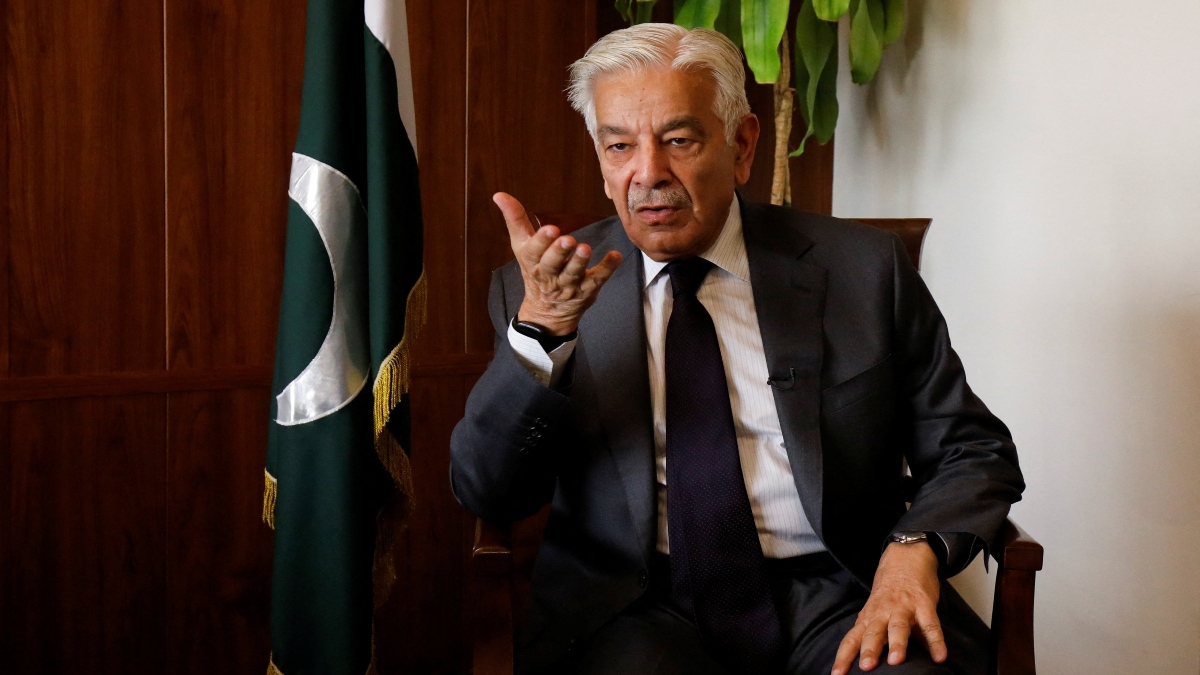)
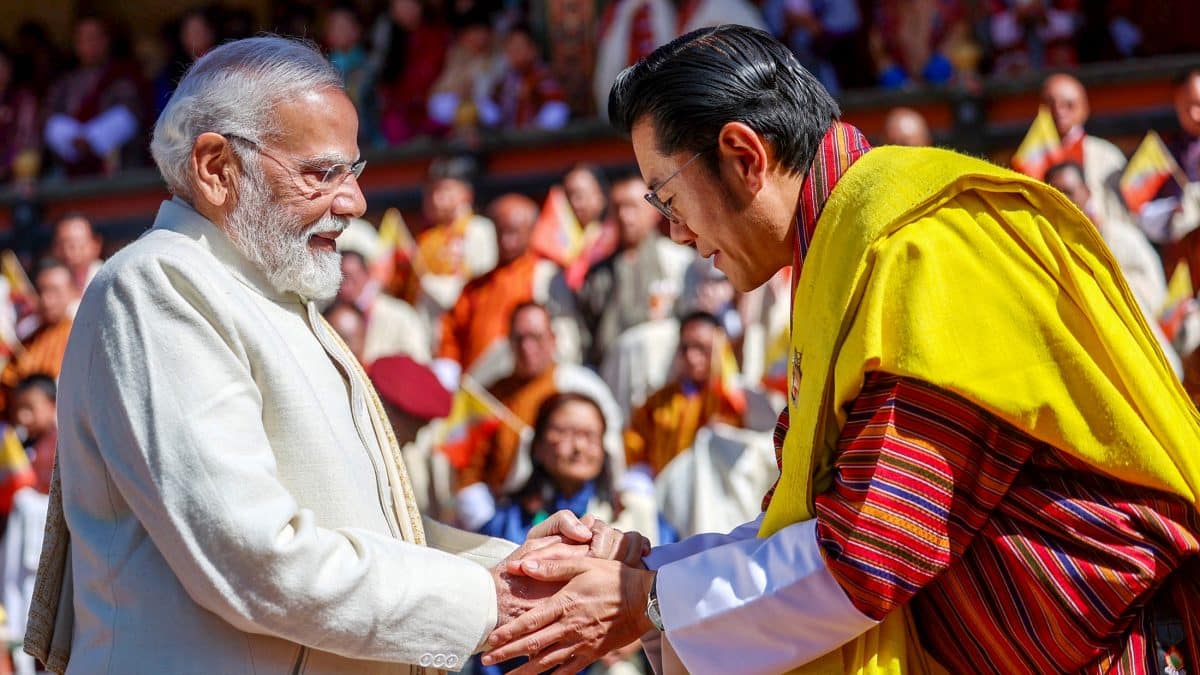
)
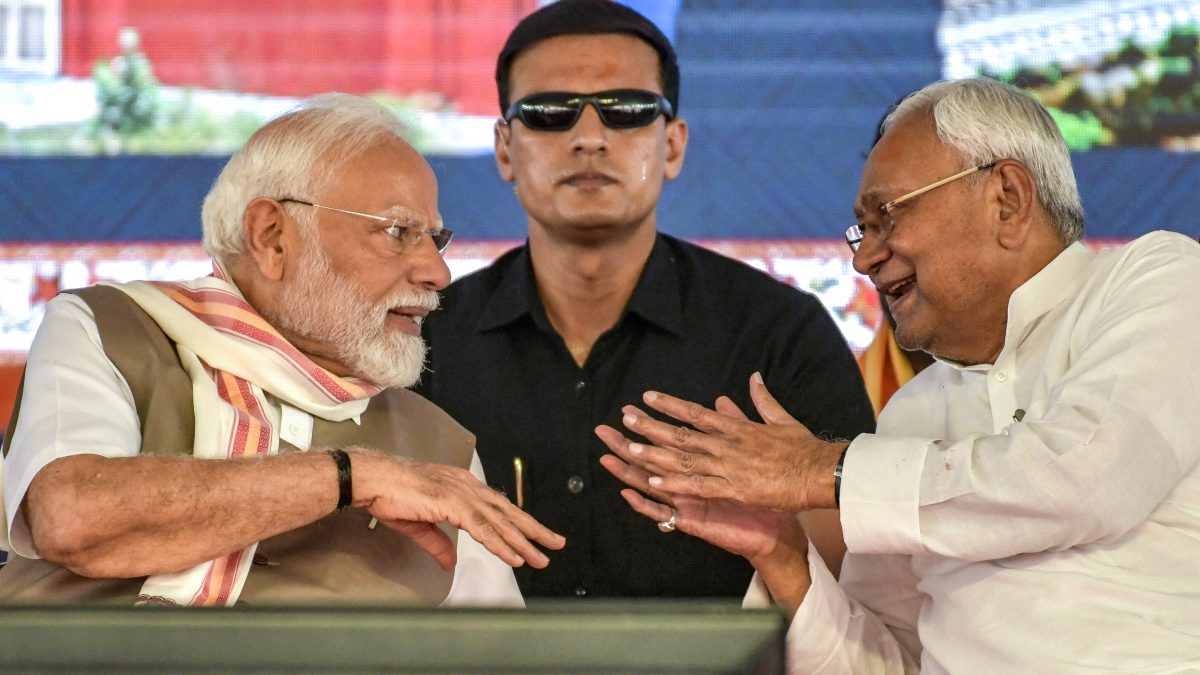)
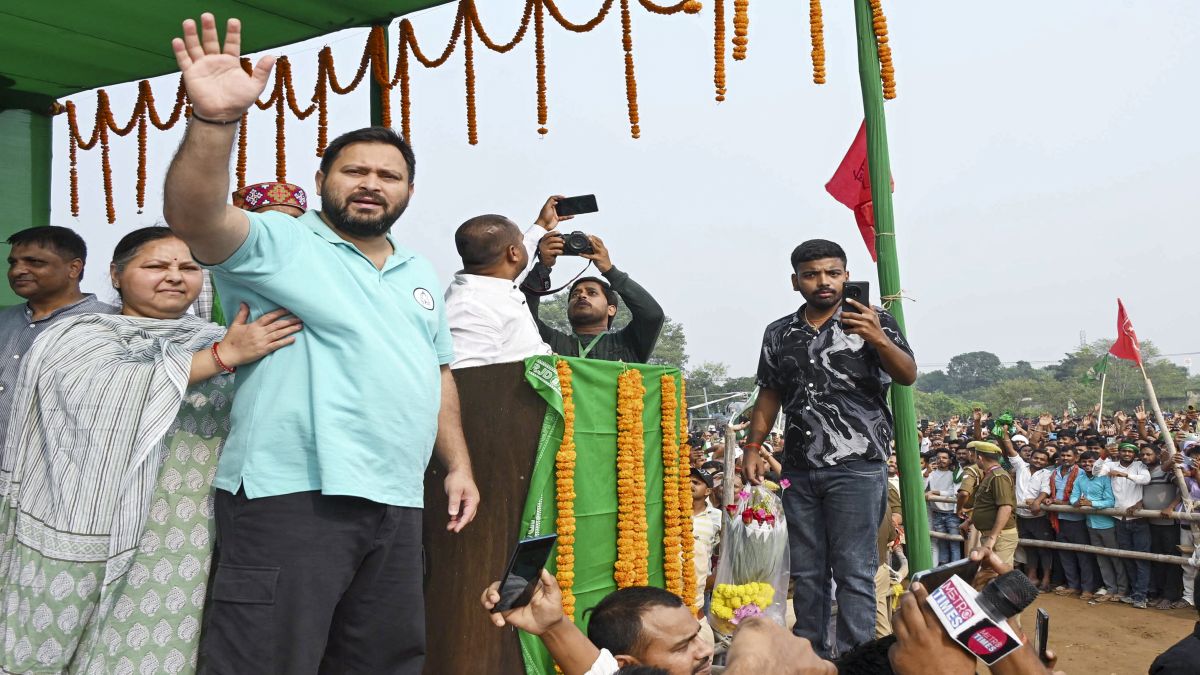)
)
)
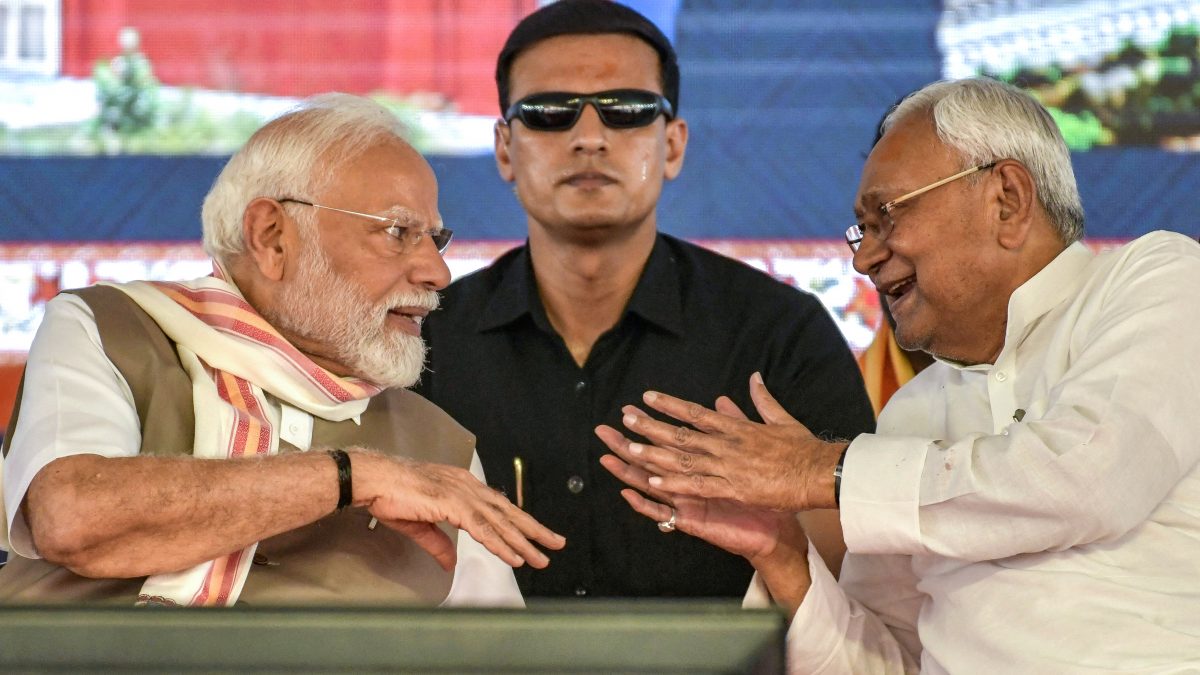)
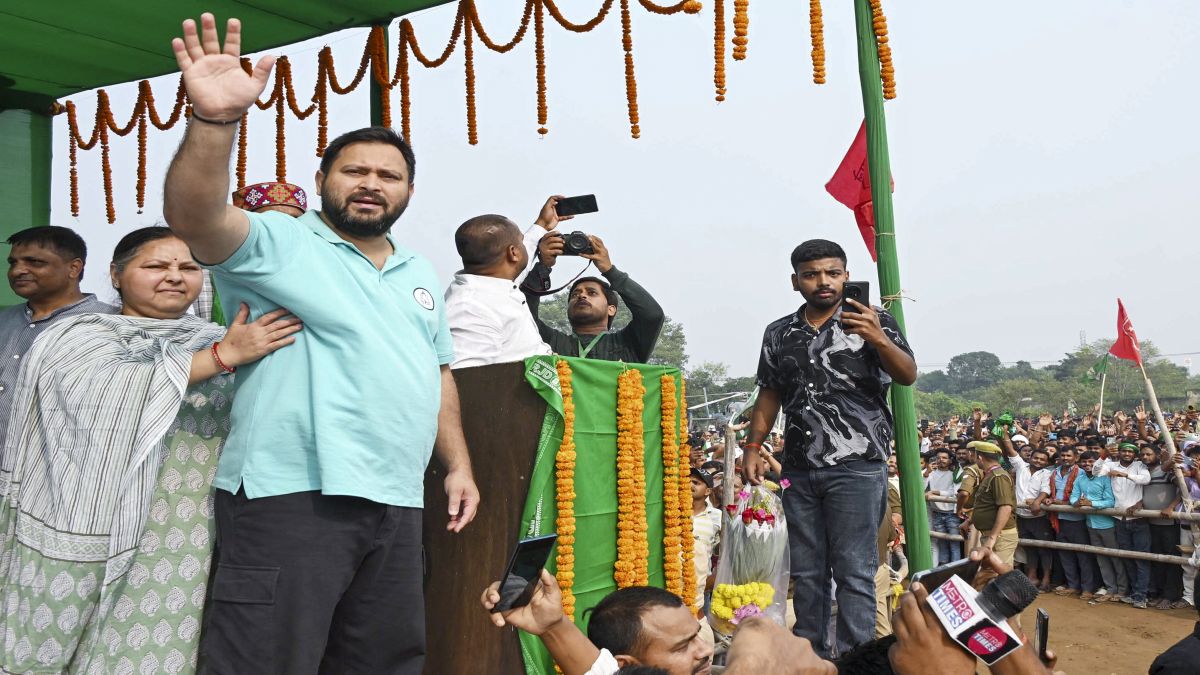)
)



